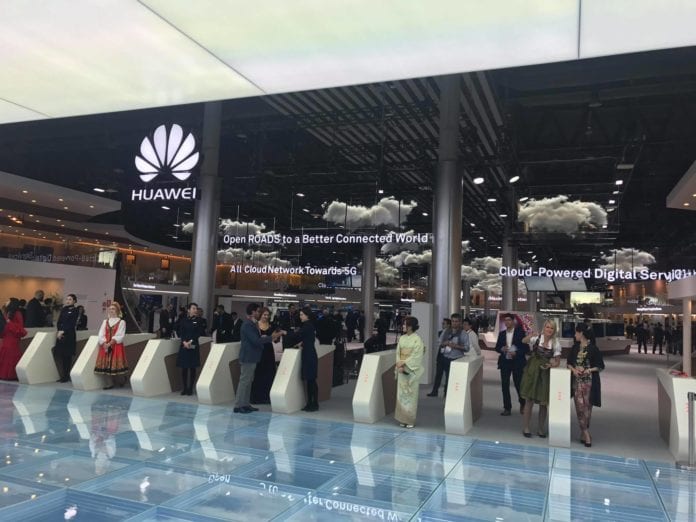A new cycle of federal scrutiny of Huawei in particular, and Chinese telecom companies in general seems to be rolling through the U.S. government. Joining a piece of companion legislation in the House, on Wednesday Senator Tom Cotton (R-AR) and Senator Marco Rubio (R-FL) filed companion legislation in the Senate.
The bill is titled “Defending the U.S. Government Communications Act,” and bars the U.S. government from “purchasing or leasing telecommunications equipment and/or services from Huawei, ZTE, or any subsidiaries or affiliates.”
While the proposed legislation applies to ZTE and Huawei, in statements Cotton and Rubio specifically name-checked Huawei.
“Huawei is effectively an arm of the Chinese government, and it’s more than capable of stealing information from U.S. officials by hacking its devices,” Cotton said. “There are plenty of other companies that can meet our technology needs, and we shouldn’t make it any easier for China to spy on us.”
Two things about that statement: 1. Huawei is not “effectively an arm of the Chinese government.” It’s just not. 2. There aren’t “plenty of other companies that can meet our technology needs.” If you take Huawei and ZTE out of the equation there are a grand total of three: Nokia, Ericsson and Samsung; hardly “plenty.”
Rubio, a noted telecommunications expert, said, “”Chinese telecom companies, like Huawei, are directly linked to the Chinese government and communist party. For national security reasons, we cannot allow a foreign adversary to embed their technology in U.S. government systems or critical infrastructure.”
Ahead of CES, Huawei was set to announce a deal with AT&T that would see the U.S. carrier sell Huawei smartphones in the U.S. Bowing to political pressure, AT&T scrapped that deal and, a few weeks later, Verizon followed suit.
This whole dynamic dates back well more than a decade. In October 2012, the Permanent Select Committee on Intelligence released this report, which levels a number of concerns about Huawei and ZTE. Seven years earlier, the RAND Corporation, at the direction of the U.S. Air Force, prepared a report titled “A new direction for China’s defense industry,” which also calls out concerns around Huawei and ZTE.

